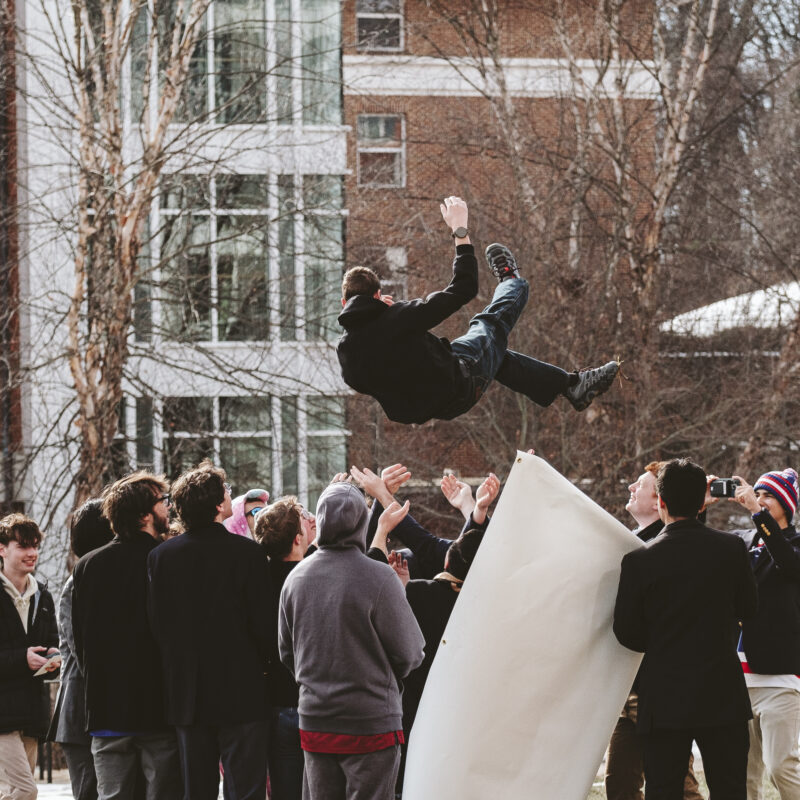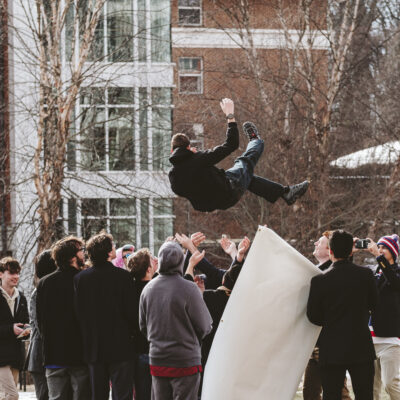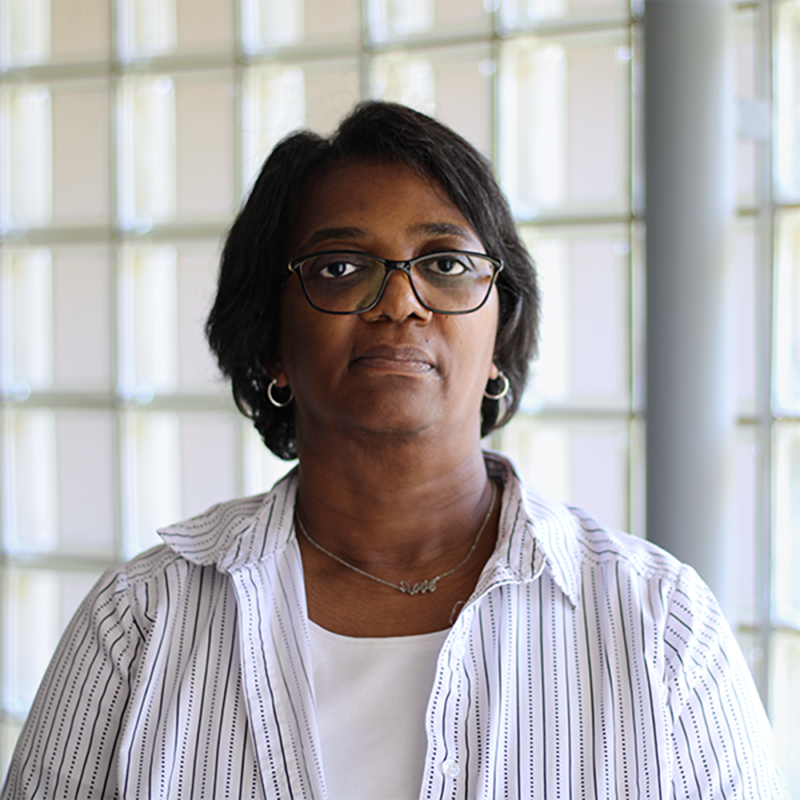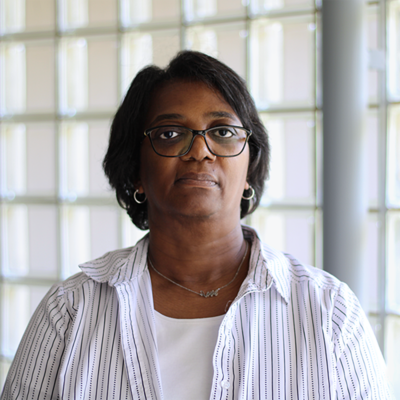Local civil rights Attorney Deborah Wyatt is on the verge of retirement, but some of her courtroom adversaries just won’t let her go. In the midst of battling federal sanctions brought by UVA attorneys over her conduct in a wrongful termination lawsuit, Wyatt successfully fended off charges of the obscure crime of "embracery," brought by a special prosecutor appointed at the behest of Albemarle County Commonwealth’s Attorney Jim Camblos, who has often been on the other side of the courtroom in Wyatt’s cases.
 Debbie Wyatt can breathe easier now that charges of jury tampering have been dropped. |
The charges against Wyatt stemmed from a 2004 hit-and-run case. Wyatt was defending Ernest Charles Erickson. Camblos brought a felony charge to a grand jury, which decides whether a person should go to trial. Under standard procedure in Virginia, only the prosecutor sends a list of potential witnesses and evidence to the grand jury, though the jury is able to call any witness it wants. Wyatt obtained a list of grand jurors from the clerk of court, and called several to offer herself as a witness.
| Previous coverage: "I can’t say I don’t get some pleasure out of mixing it up" Gadfly Debbie Wyatt to retire |
Camblos got wind of it, and after the circuit court judge opted not to do anything about it, Camblos requested and was granted a special prosecutor, Jerrold J. Negin, Prince William County assistant Commonwealth’s Attorney, to pursue charges of embracery.
Embracery is basically jury tampering, trying with corrupt intentions to influence a jury member. Had Wyatt contacted members of a trial jury, which is only supposed to know what is presented in trial and isn’t allowed to do any of its own investigation, she almost certainly would have been found guilty. But a grand jury is a different beast, allowed to call its own witnesses.
Wyatt was indicted in 2005, but the charges were sealed until November 5, the day before election day for Camblos as Commonwealth’s Attorney, an election Camblos lost to Denise Lunsford. Both Wyatt and Camblos had asked that the charges be unsealed. "It was happenstance more than anything else that the order [to unseal] came the day before the election," says John Zwerling, Wyatt’s attorney.
But at a hearing November 14, Judge William H. Ledbetter said that what Wyatt did wasn’t embracery. "It may be foolish…but it doesn’t constitute a crime," said Ledbetter.
Wyatt had a topnotch legal team arguing on her behalf, including Zwerling (of Lorena Bobbitt and Andrew Alston fame) and Alan Silber, representing the Virginia Association of Criminal Defense Lawyers. Silber wanted the case to help expand the grand jury from being a de facto tool of the prosecutor.
"This is a case about whether the grand jury is going to continue as a bulwark against the tyranny of the executive branch," said Silber. But Ledbetter opted to rule on narrower grounds, conceding that "grand juries are under the rule of the Commonwealth’s Attorney, more or less."
Wyatt still isn’t totally in the clear. Her conduct during the case is still under review by the state bar association.
C-VILLE welcomes news tips from readers. Send them to news@c-ville.com.





